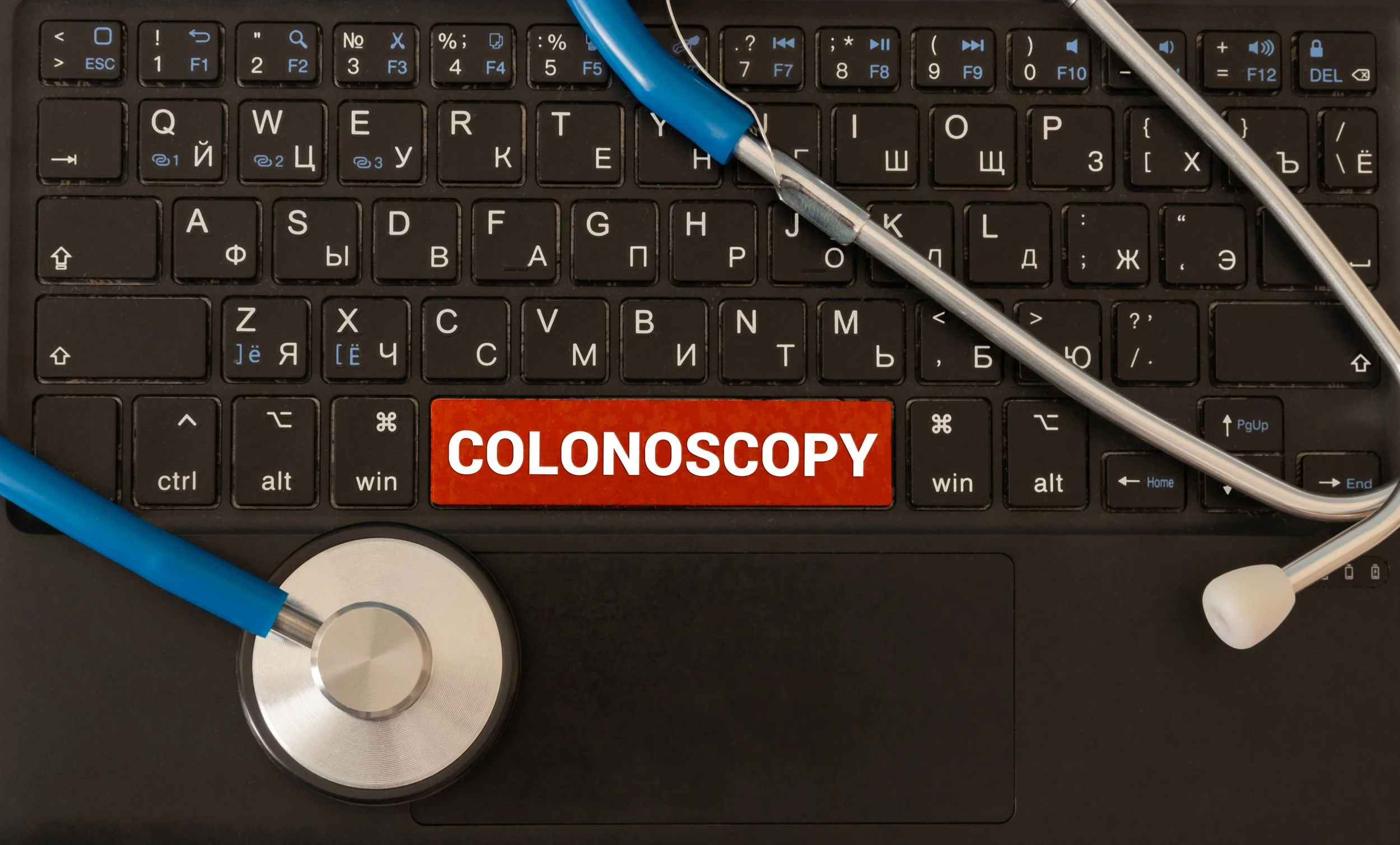Taking Control of Your Colon Health Starts with the Right Timing
If you’ve ever wondered when to schedule your first colonoscopy—or whether it’s time for your next—you’re not alone. Colon cancer is one of the most preventable cancers when caught early. That’s why timing matters.
At the Colorectal Clinic of Tampa Bay, we believe that knowing your risk factors and screening schedule could save your life. This blog breaks down when and why you should get a colonoscopy based on your age, family history, symptoms, and lifestyle.
The New Normal: Start Colonoscopy at Age 45
For years, the standard age was 50—but no more. The American Cancer Society and U.S. Preventive Services Task Force now recommend that all adults at average risk start screening at age 45 (ACS, 2024).
Why earlier? Colon cancer rates are rising in adults under 50. Starting at 45 improves the chances of catching polyps before they turn cancerous.
If your results are normal, you’ll only need a colonoscopy every 10 years.
Start Earlier If You're High-Risk
Not everyone can wait until 45. You may need your first colonoscopy as early as age 40—or even sooner—if you have:
A first-degree relative (parent or sibling) with colon cancer
A personal history of polyps or colorectal cancer
Inflammatory bowel disease, like Crohn’s or ulcerative colitis
A hereditary condition like Lynch syndrome or FAP (MD Anderson, 2023)
Talk to your GI specialist about your family and medical history to determine your personal screening plan.
Warning Signs That Mean You Shouldn’t Wait
Even if you’re younger than 45, you may need a colonoscopy immediately if you experience:
Blood in your stool or rectal bleeding
Unexplained weight loss
Persistent abdominal pain or cramping
Long-term constipation or diarrhea
Iron-deficiency anemia or fatigue
Narrow or pencil-thin stools
A sudden change in your bowel habits (Nuvance Health, 2024)
If any of these apply to you, don’t delay. These symptoms may point to something serious—and early detection is critical.
How Often Do You Need a Colonoscopy?
Your doctor will recommend the right interval based on your results:
Every 10 years if your first colonoscopy is normal
Every 5 years if low-risk polyps are found
Every 3 years or sooner if high-risk polyps or signs of cancer are present (Mayo Clinic, 2024)
Colonoscopy is still the gold standard for colon cancer screening—more accurate than at-home tests and able to remove polyps on the spot.
Why Choose Colorectal Clinic of Tampa Bay?
At the Colorectal Clinic of Tampa Bay, we’re more than a clinic—we’re your partners in prevention. Our board-certified specialists offer:
Personalized screening plans based on your age, risk, and lifestyle
Advanced diagnostic tools to ensure accurate, comfortable procedures
A team committed to early detection, prevention, and education
Whether you’re due for your first colonoscopy or navigating a complex family history, we’re here to guide you every step of the way.
Schedule your screening today!
What If You Can’t Get a Colonoscopy?
For those unable to get a colonoscopy due to health or access reasons, alternatives include:
Stool DNA tests (like Cologuard) – every 3 years
FIT tests (Fecal Immunochemical Test) – annually
CT colonography – every 5 years
Flexible sigmoidoscopy – every 5–10 years (USPSTF, 2024)
Positive results on any of these must be followed by a colonoscopy.
Key Takeaways
Scenario
When to Get a Colonoscopy
No symptoms, average risk
Age 45, then every 10 years
First-degree relative with cancer
Age 40 or younger
High-risk conditions (IBD, Lynch)
Earlier than 45, every 1–5 years
Symptoms at any age
Get checked ASAP
Works Cited
American Cancer Society. (2024). Colorectal Cancer Screening Guidelines. Link
U.S. Preventive Services Task Force. (2024). Colorectal Cancer: Screening. Link
MD Anderson Cancer Center. (2023). When Should You Get a Colonoscopy? Link
Mayo Clinic. (2024). Colon Cancer Screening. Link
Nuvance Health. (2024). Signs You Might Need a Colonoscopy. Link

